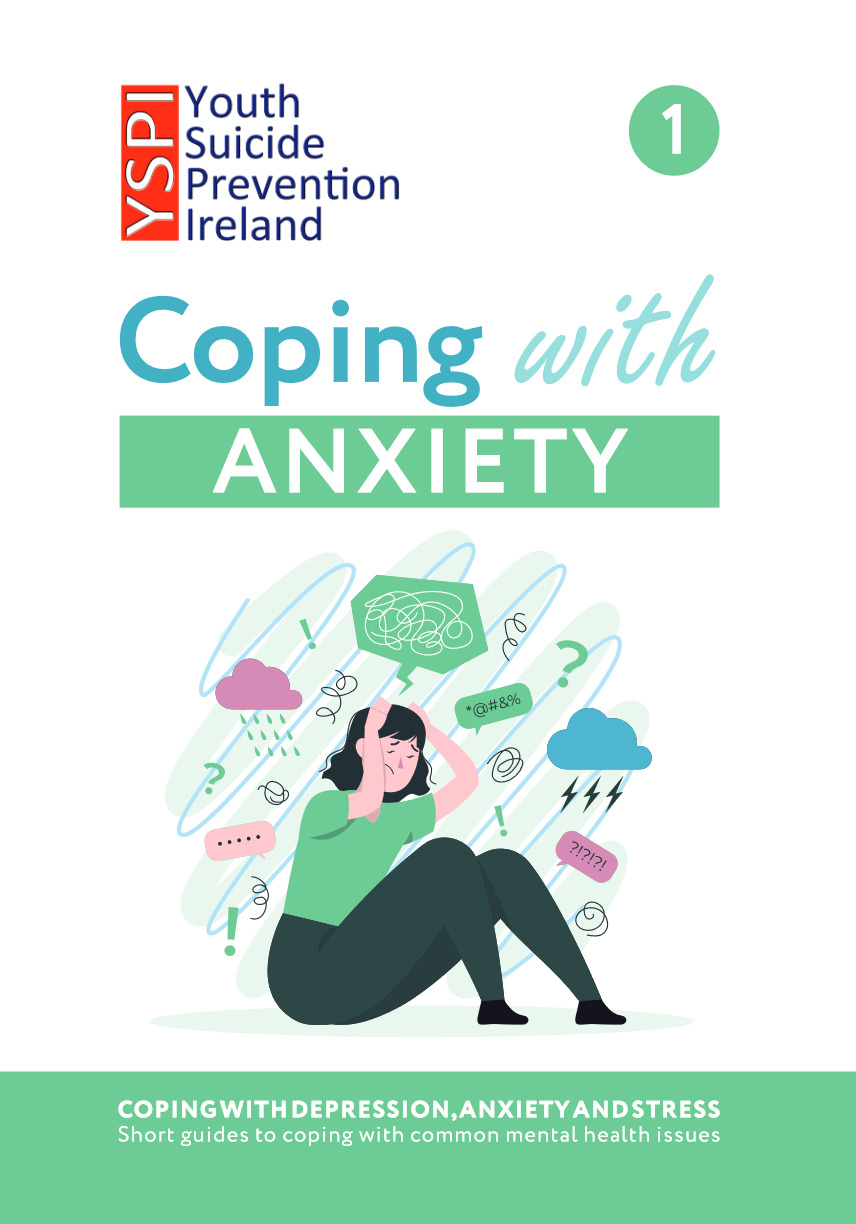The "Coping With...." Series
"Coping With ....." is a new series of booklets authored by Dr Hannah Farnsworth, a retired GP, which looks at a number of areas of mental health and explores the factors which cause them and how we can cope with them. Hannah writes with a very easy style and she explains difficult mental health issues with simplicity and compassion.
Our "Let's Talk About Mental Health" magazine combines a number of these booklets into a more general overview and can be viewed HERE
View the Full Series
The list below shows all the available titles in the "Coping With.." Series. Click on any link to view that booklet.
Booklet 1
Coping With Anxiety
Booklet 2
Coping With Depression
Booklet 3
Coping With Stress
Booklet 7
Coping With Self-Harm
Booklet 8
Coping With Suicidal Thoughts
Booklet 9
Coping With Suicide Clusters
Booklet 10
Warning Signs of a Mental Health Crisis
Booklet 11
What is Active Listening, and How Can It Help
Booklet 12
Coping with Cyber Bulling
Booklet 13
Coping with Gaming Addiction
Booklet 14
Coping with Social Media and Mental Health
Booklet 15
Coping With an Eating Disorder
Booklet 16
Coping with Bereavement
Booklet 17
Coping with Debt
Booklet 18
Coping with Exam Stress
Booklet 19
Managing Your Anxiety Around the Conflict in Ukraine
Booklet 20
Mental Health in Rural Areas of Ireland
















